Home>Garden Essentials>What Soil Mix Is Good For Potted Fruit Plants
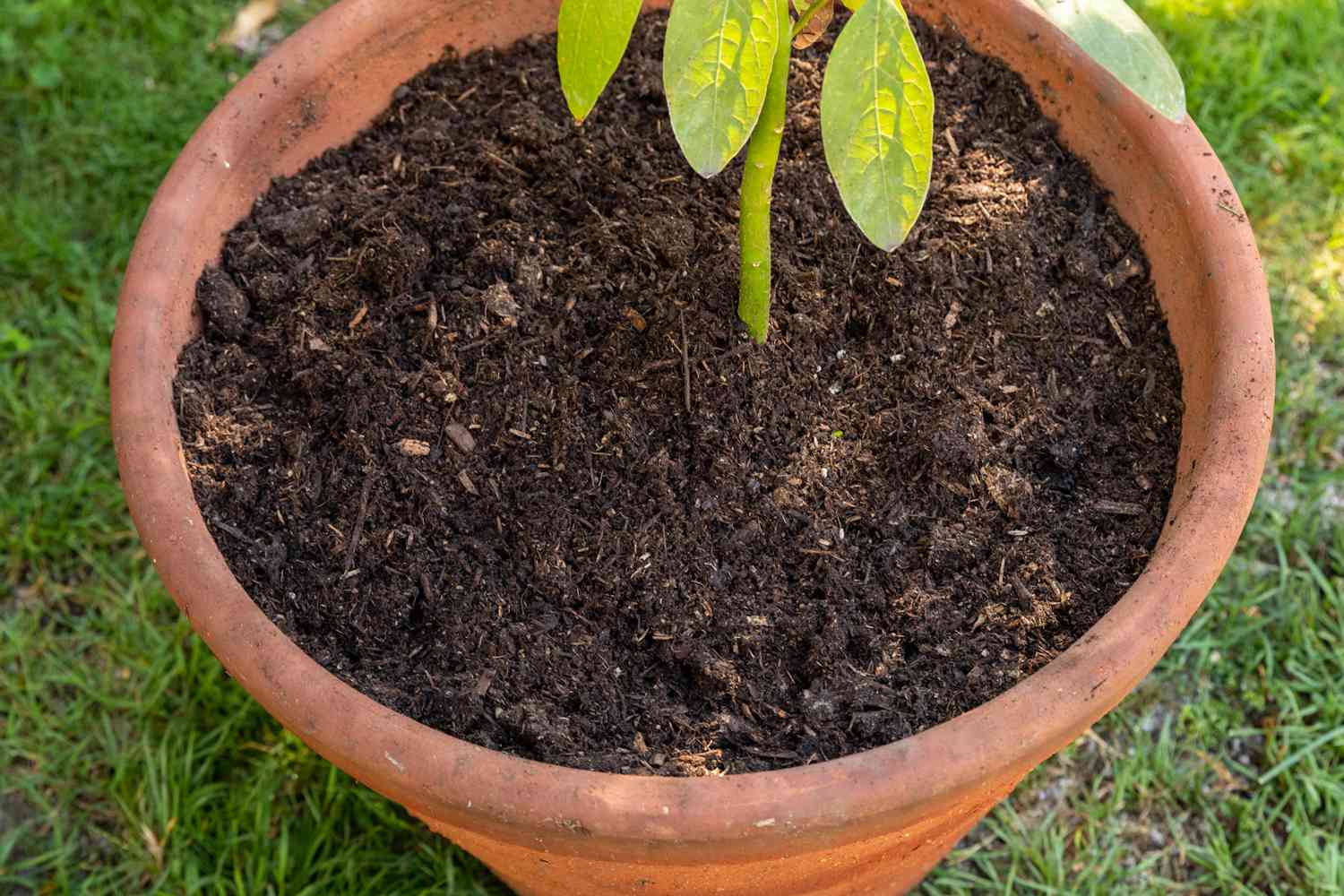

Garden Essentials
What Soil Mix Is Good For Potted Fruit Plants
Modified: March 15, 2024
Looking to grow fruit plants in pots? Find out the best soil mix for potted fruit plants in your garden and ensure healthy growth and abundant harvests.
(Many of the links in this article redirect to a specific reviewed product. Your purchase of these products through affiliate links helps to generate commission for Storables.com, at no extra cost. Learn more)
Introduction
When it comes to growing potted fruit plants, one of the most crucial factors to consider is the type of soil mix you choose. The right soil mix not only affects the health and growth of your plants but also plays a significant role in determining the success of your gardening endeavors. Finding the perfect soil mix for potted fruit plants can be a game-changer, helping you achieve bountiful harvests and vibrant, thriving plants.
Whether you are a seasoned gardener or a beginner, understanding the importance of choosing the right soil mix is essential. The soil provides the foundation for the plant’s root system, offering vital nutrients, support, and moisture. In the case of potted fruit plants, the soil mix becomes even more critical as it needs to provide an optimal environment for fruit production.
Choosing the right soil mix for your potted fruit plants can have a direct impact on their growth, fruit quality, and overall health. With the right mix, you can ensure that your plants receive adequate drainage, proper aeration, and the necessary nutrients to thrive in a confined space. Furthermore, a well-balanced soil mix will help prevent common issues like nutrient deficiencies, root rot, and waterlogging.
Additionally, the soil mix you choose can affect the pH level of the soil, which is crucial for the overall health of your potted fruit plants. Different fruit plants have specific pH requirements, and by selecting a soil mix that meets those needs, you can create an optimal growing environment for your plants.
Now that we understand the importance of choosing the right soil mix for potted fruit plants, let’s discuss the factors you need to consider when selecting the ideal soil mix for your plants.
Key Takeaways:
- Choose the right soil mix for potted fruit plants to ensure healthy growth, bountiful harvests, and vibrant plants. Consider factors like drainage, pH balance, and nutrient content for optimal success.
- Create a balanced soil mix using high-quality potting soil, organic matter, perlite, slow-release fertilizer, and pH adjusters. Follow proper preparation and use tips to support the health and productivity of your potted fruit plants.
Read more: What Is A Good Soil Mix For Indoor Plants
Importance of Choosing the Right Soil Mix
Choosing the right soil mix is crucial for the success of your potted fruit plants. Here’s why:
1. Nutrient Availability:
The soil mix serves as the primary source of nutrients for your plants. By selecting a well-balanced soil mix, you can ensure that your potted fruit plants have access to the essential nutrients they need for healthy growth and fruit production. A nutrient-rich soil mix will provide the necessary macronutrients (such as nitrogen, phosphorus, and potassium) and micronutrients that fruit plants require to thrive.
2. Drainage and Aeration:
Potted fruit plants require a soil mix that offers proper drainage and allows for adequate oxygen circulation in the root zone. Good drainage prevents waterlogged conditions that can lead to root rot, while proper aeration ensures that the roots receive sufficient oxygen for growth. The right soil mix will strike a balance between retaining moisture and allowing excess water to drain away.
3. pH Balance:
Each type of fruit plant has specific pH requirements for optimal growth. The soil mix you choose should meet those requirements to ensure that your potted fruit plants can absorb nutrients efficiently. Acid-loving plants, like blueberries, thrive in an acidic soil mix, while others, like citrus trees, prefer a slightly alkaline soil mix. By considering the pH needs of your plants, you can create an environment where they can thrive.
Read more: What Is A Potting Soil Mix
4. Disease Prevention:
A well-chosen soil mix can help prevent common diseases that affect potted fruit plants. Soil-borne pathogens, such as fungus and bacteria, can lead to root diseases and negatively impact the health and productivity of your plants. By using a high-quality soil mix, you can minimize the risk of these diseases and promote the overall well-being of your potted fruit plants.
5. Water Retention:
Potted fruit plants require consistent watering to ensure proper growth and fruit development. The right soil mix will have the ability to retain moisture without becoming waterlogged. This means that your plants will have access to adequate water, reducing the risk of drought stress and ensuring their hydration needs are met.
By considering these factors and choosing the right soil mix for your potted fruit plants, you are setting them up for success. The right soil mix will provide the necessary nutrients, drainage, aeration, pH balance, disease prevention, and water retention, allowing your fruit plants to flourish and produce delicious, healthy fruits.
Factors to Consider for Potted Fruit Plants
When selecting a soil mix for your potted fruit plants, there are several factors you should consider to ensure optimal growth and fruit production. These factors include:
1. Fruit Plant Type:
Different types of fruit plants have unique soil requirements. Some plants prefer well-drained soil, while others thrive in slightly acidic or alkaline conditions. It’s important to research the specific needs of your fruit plant and select a soil mix that aligns with those requirements.
Read more: What Is A Good Soil Mix
2. Container Size:
The size of the container in which you will be planting your fruit plants will influence the choice of soil mix. Smaller containers tend to dry out faster, so a soil mix with good moisture retention is ideal. Larger containers allow for better drainage and aeration, so a well-drained soil mix is preferred.
3. Drainage Ability:
Good drainage is crucial for potted fruit plants to prevent waterlogging and root rot. If your container lacks drainage holes, it’s essential to choose a soil mix that promotes proper drainage. Incorporating materials like perlite or coarse sand into the mix can improve drainage.
4. Nutrient Content:
Fruit plants need a balance of essential nutrients to grow and produce fruit. Consider a soil mix that contains organic matter, such as compost or well-rotted manure, which provides a steady supply of nutrients throughout the growing season.
5. pH Level:
The pH level of the soil mix is another critical factor to consider. Some fruit plants prefer slightly acidic soil, while others thrive in neutral or slightly alkaline conditions. Adjusting the pH level of the soil mix to meet the specific requirements of your fruit plant will promote optimal nutrient uptake and overall plant health.
6. Water Retention:
The ability of the soil mix to retain moisture is crucial for potted fruit plants. A mix that retains too much water can lead to root rot, while one that drains too quickly may result in drought stress. Strike a balance by choosing a soil mix that retains enough moisture for consistent plant hydration without becoming overly saturated.
7. Organic Matter:
Incorporating organic matter into the soil mix can improve its structure, fertility, and moisture-holding capacity. Compost, well-rotted manure, or peat moss can enhance the overall quality of the soil mix and provide a rich source of nutrients for your fruit plants.
Considering these factors will help you choose a soil mix that is tailored to the specific needs of your potted fruit plants. By providing the right growing environment, you can support healthy growth, optimal fruit production, and overall plant vitality.
Components of a Good Soil Mix for Potted Fruit Plants
A good soil mix for potted fruit plants should provide the ideal balance of drainage, nutrients, and moisture retention. Here are the key components to include when preparing a soil mix for your fruit plants:
1. High-Quality Potting Soil:
Start with a high-quality potting soil as the base of your mix. Look for a soil mix specifically formulated for container gardening, as it will have excellent drainage properties. Avoid using garden soil alone, as it tends to be too dense and may not provide adequate aeration for potted plants.
Read more: What Is A Good Soil Mix For Herbs
2. Organic Matter:
Incorporate organic matter into your soil mix to improve its structure and fertility. Compost, well-rotted manure, or peat moss are excellent choices for adding organic matter. These materials help retain moisture, provide slow-release nutrients, and promote beneficial microbial activity in the soil.
3. Perlite or Vermiculite:
To enhance drainage and aeration in the soil mix, add perlite or vermiculite. These lightweight materials improve soil porosity, preventing it from becoming compacted and allowing excess water to drain away. They also create air pockets in the soil, promoting healthy root development.
4. Sand:
Incorporating coarse sand into the soil mix can further improve drainage, especially in containers without drainage holes. However, avoid using fine sand, as it can lead to compacted soil and poor drainage. Coarse sand is ideal for maintaining optimal soil structure and preventing waterlogged conditions.
5. Slow-Release Fertilizer:
Adding a slow-release fertilizer to your soil mix ensures a steady supply of nutrients for your potted fruit plants. Look for a balanced fertilizer with a nutrient ratio that suits your plant’s needs. Slow-release fertilizers provide nutrients gradually over an extended period, reducing the risk of nutrient deficiencies and excesses.
Read more: How To Make Potting Soil Mix
6. pH Adjuster:
If your fruit plants have specific pH requirements, include a pH adjuster in your soil mix. Lime can be added to raise the pH for plants that prefer alkaline conditions, while sulfur can be used to lower the pH for acid-loving plants. Adjusting the pH helps optimize nutrient availability for your plants.
7. Mycorrhizal Fungi:
Inoculating your soil mix with mycorrhizal fungi can be beneficial for potted fruit plants. These beneficial fungi form a symbiotic relationship with plant roots, enhancing nutrient uptake, improving soil structure, and boosting plant resistance to diseases and environmental stressors.
By incorporating these components into your soil mix, you can create an optimal growing medium for your potted fruit plants. This nutrient-rich, well-drained mix will provide a healthy environment for root development, enhance fruit production, and support overall plant vigor.
Popular Soil Mix Recipes for Potted Fruit Plants
There are several popular soil mix recipes that have proven effective for potted fruit plants. These recipes focus on providing excellent drainage, moisture retention, and nutrient availability. Here are a few commonly used soil mix recipes for potted fruit plants:
1. Basic Soil Mix Recipe:
- 2 parts high-quality potting soil
- 1 part perlite or vermiculite
- 1 part compost or well-rotted manure
This basic soil mix recipe provides a well-balanced growing medium for most potted fruit plants. The potting soil ensures proper drainage, while the perlite or vermiculite improves aeration. The addition of compost or well-rotted manure enriches the mix with organic matter and nutrients.
Read more: What Is A Good Soil Mix With Miracle Grow
2. Acid-Loving Soil Mix Recipe:
- 2 parts high-quality potting soil
- 1 part sphagnum peat moss
- 1 part pine bark fines
- 1 part perlite or vermiculite
This soil mix recipe is suitable for acid-loving fruit plants, such as blueberries or rhododendrons. The sphagnum peat moss and pine bark fines help create an acidic environment, which these plants thrive in. The perlite or vermiculite improves drainage and aeration.
3. Citrus Tree Soil Mix Recipe:
- 2 parts high-quality potting soil
- 1 part perlite
- 1 part compost or well-rotted manure
- 1 part coarse sand
This soil mix recipe is specifically designed for citrus trees in containers. Citrus trees require a well-drained soil mix to prevent root rot. The inclusion of perlite and coarse sand ensures excellent drainage, while the compost or well-rotted manure provides nutrients.
4. Tropical Fruit Tree Soil Mix Recipe:
- 2 parts high-quality potting soil
- 1 part coconut coir
- 1 part perlite
- 1 part compost or well-rotted manure
This soil mix recipe is ideal for tropical fruit trees like mangoes or bananas. Coconut coir retains moisture, while perlite improves drainage and aeration. The addition of compost or well-rotted manure enriches the mix with nutrients, supporting the growth of tropical fruit trees.
These popular soil mix recipes serve as a starting point for creating a suitable growing medium for your potted fruit plants. Adjustments can be made based on the specific needs of your plants, such as pH requirements or moisture retention. Experiment with different ratios and ingredients to find the perfect soil mix recipe that works best for your potted fruit plants.
Tips for Preparing and Using the Soil Mix
Proper preparation and use of the soil mix are essential for the success of your potted fruit plants. Follow these tips to ensure that you get the most out of your soil mix:
1. Use High-Quality Ingredients:
Start with high-quality ingredients for your soil mix. Choose a reputable brand of potting soil and ensure that any additional components, such as compost or organic matter, are well-aged and free from pests or diseases. Using quality ingredients sets the foundation for a healthy growing medium.
2. Thoroughly Combine the Ingredients:
When preparing the soil mix, make sure to thoroughly combine all the ingredients together. This ensures that the nutrients, drainage, and moisture-holding capacity are evenly distributed throughout the mix. Use a large container or tarp to mix the ingredients, ensuring they are well-blended.
3. Sanitize Containers:
Before using the soil mix in your containers, it’s important to sanitize them. Clean the containers with a mixture of mild soap and water to remove any lingering pathogens or pests. Rinse thoroughly to ensure no soap residue remains. Sanitizing the containers reduces the risk of plant diseases.
4. Fill Containers Properly:
When filling your containers with the soil mix, make sure to leave about an inch of space between the top of the soil and the rim of the container. This space allows for easy watering and prevents soil spillage when watering or during heavy rain. Proper filling also ensures that the soil mix is evenly distributed in the container.
Read more: What Is A Good Outdoor Potted Plant
5. Water Regularly and Monitor Moisture Levels:
Potted fruit plants require regular watering to maintain adequate moisture levels in the soil mix. Monitor the moisture levels by inserting your finger into the soil mix to check for dryness. Water your plants when the top inch of the mix feels dry to the touch. Avoid overwatering, as it can lead to waterlogged conditions and root rot.
6. Nutrient Management:
In addition to using a nutrient-rich soil mix, it’s essential to provide your potted fruit plants with appropriate fertilization. Follow the fertilizer instructions carefully, and avoid over-fertilizing, as this can lead to nutrient imbalances and damage to the plants. Consider using organic fertilizers or slow-release fertilizers for a gradual and consistent nutrient supply.
7. Monitor Plant Health:
Regularly monitor the health of your potted fruit plants. Keep an eye out for signs of nutrient deficiencies or pest infestations. Adjust the soil mix or implement appropriate pest control measures as needed to address any issues. Regular observation and care will help maintain the health and vigor of your plants.
By following these tips, you can ensure that your soil mix is prepared and used effectively, creating an optimal growing environment for your potted fruit plants. Remember to adjust your approach based on the specific needs of your plants and make any necessary modifications to the soil mix as your plants grow and develop.
Conclusion
Choosing the right soil mix is crucial for the success of your potted fruit plants. By considering factors such as fruit plant type, container size, drainage ability, nutrient content, pH level, water retention, and organic matter, you can create an optimal growing environment that supports healthy growth and fruitful harvests.
The components of a good soil mix for potted fruit plants include high-quality potting soil, organic matter, perlite or vermiculite for drainage and aeration, sand for further drainage improvement, slow-release fertilizer, pH adjusters if needed, and mycorrhizal fungi for enhanced nutrient uptake and disease resistance.
There are popular soil mix recipes available for various types of potted fruit plants, such as basic mix, acid-loving mix, citrus tree mix, and tropical fruit tree mix. These recipes provide guidelines for creating a well-balanced soil mix tailored to the specific needs of your fruit plants.
Preparing and using the soil mix properly is crucial for optimal plant health. Use high-quality ingredients, thoroughly combine them, sanitize containers, fill them properly, and monitor watering and nutrient management. Regularly monitor the health of your plants, making adjustments as needed.
In conclusion, selecting the right soil mix, preparing it correctly, and using it effectively are essential for the growth and productivity of your potted fruit plants. By providing an environment that meets their specific needs, you can enjoy abundant harvests, flavorful fruits, and the delight of successful gardening.
Frequently Asked Questions about What Soil Mix Is Good For Potted Fruit Plants
Was this page helpful?
At Storables.com, we guarantee accurate and reliable information. Our content, validated by Expert Board Contributors, is crafted following stringent Editorial Policies. We're committed to providing you with well-researched, expert-backed insights for all your informational needs.
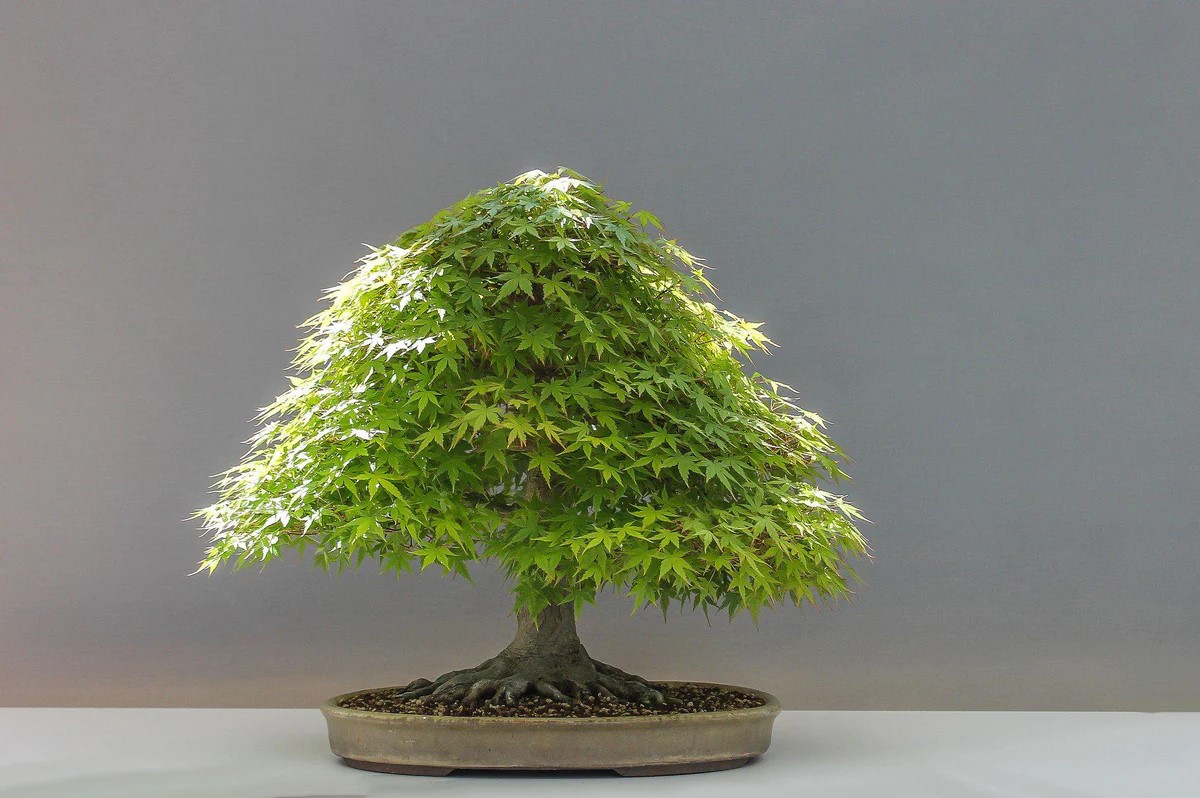
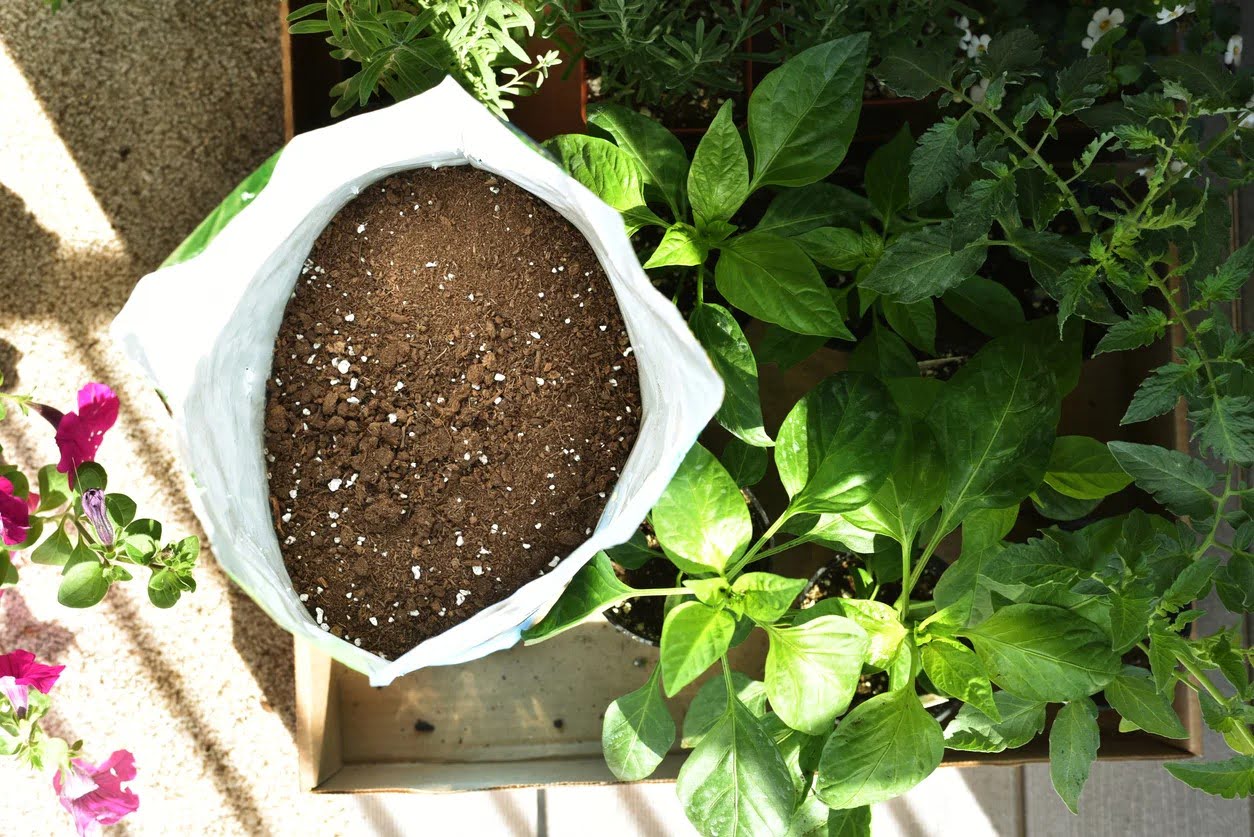
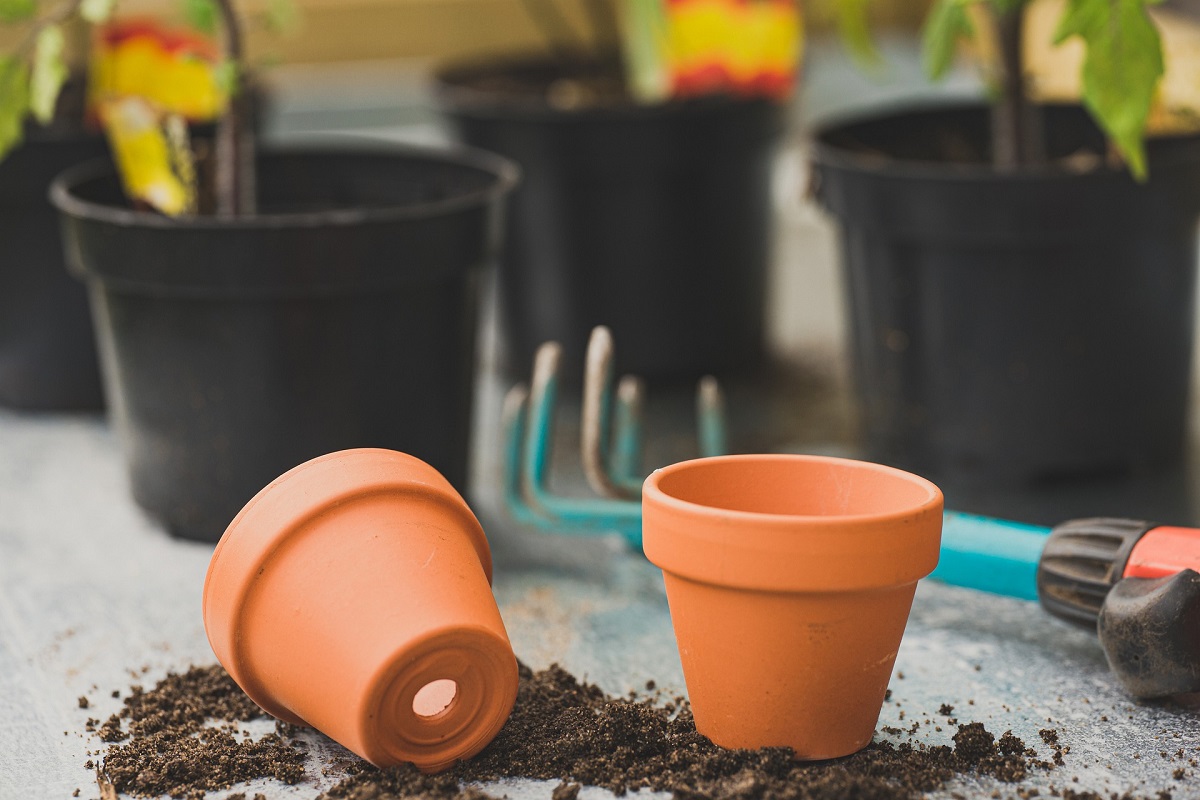
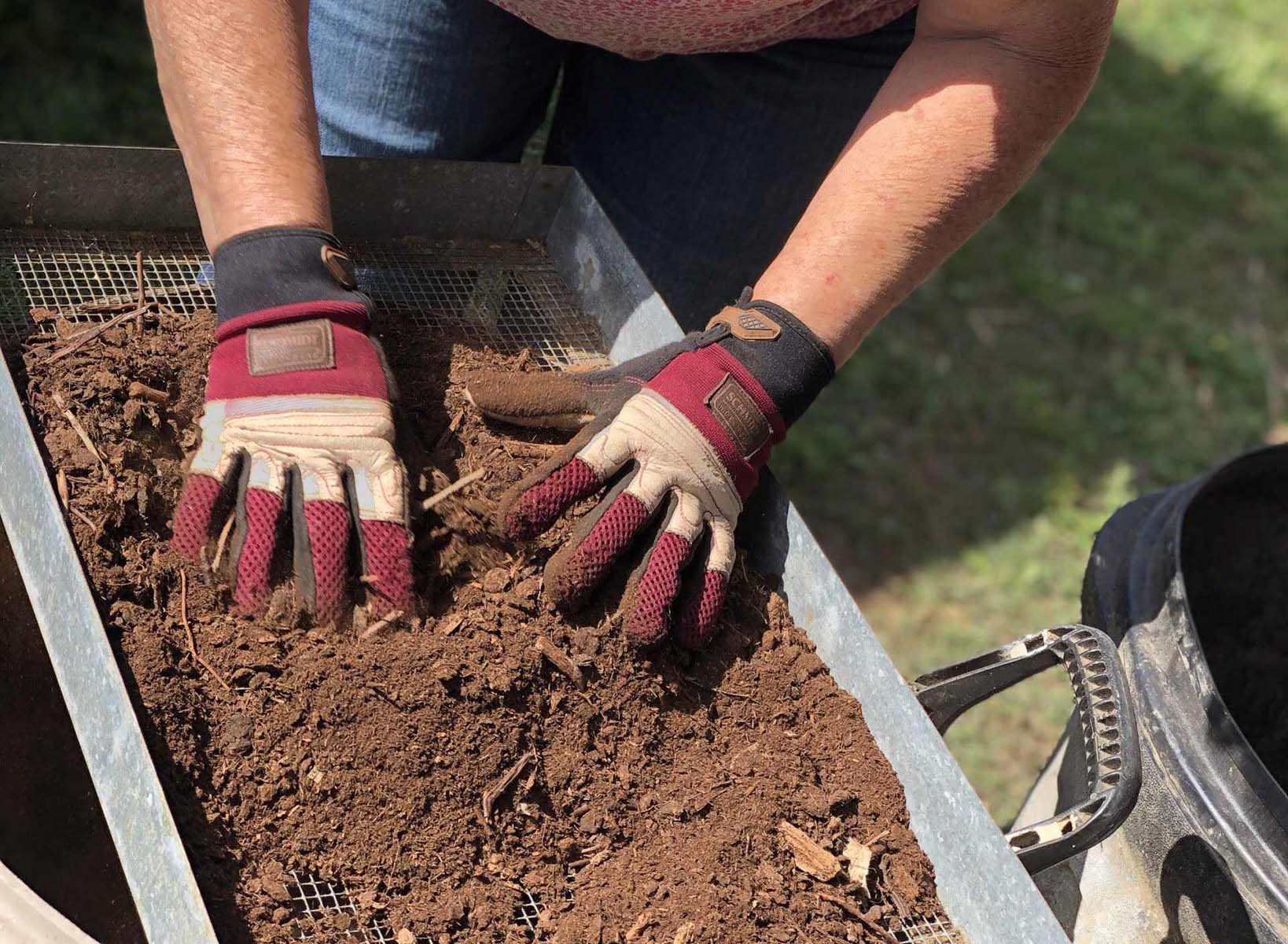
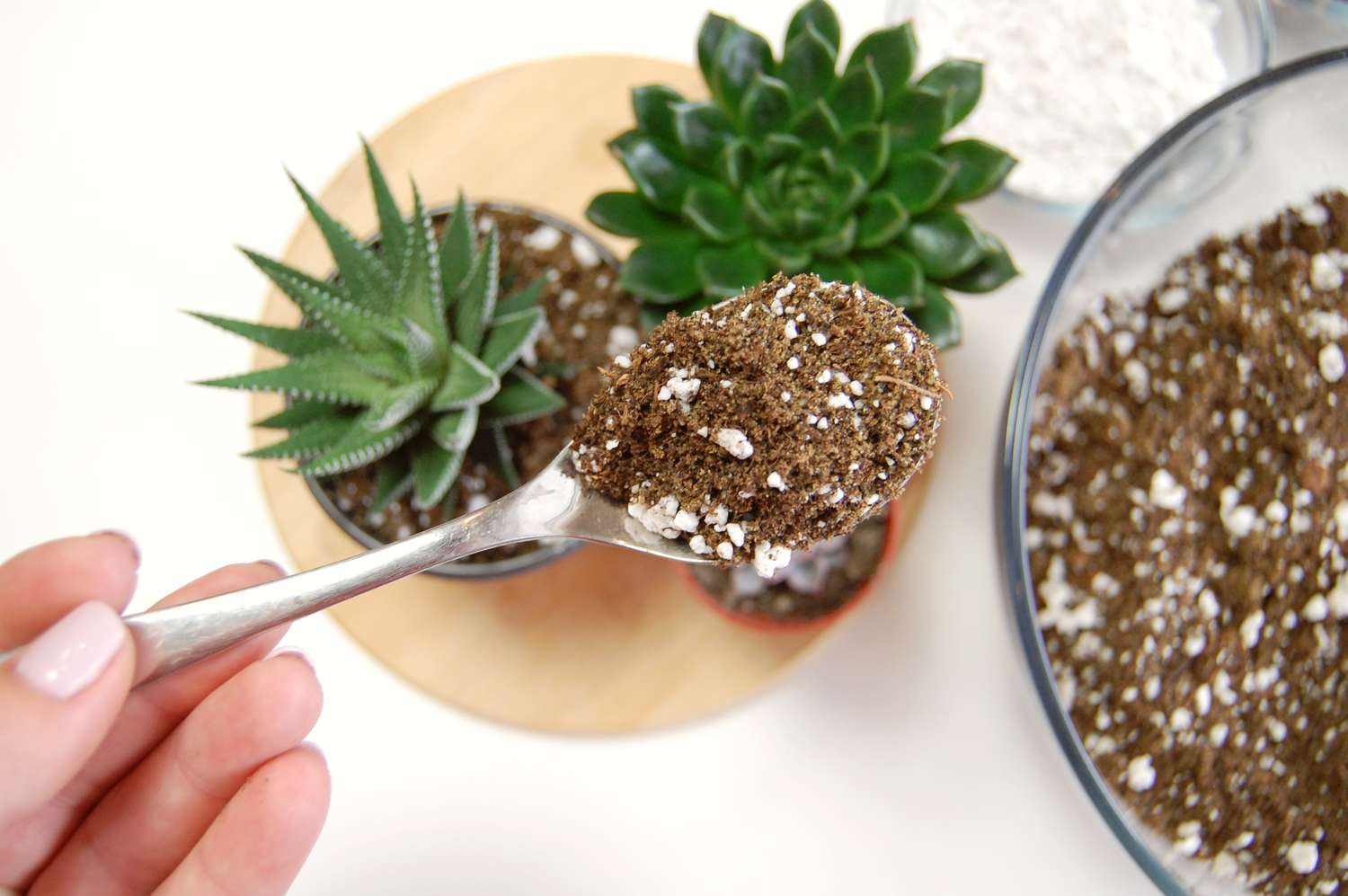
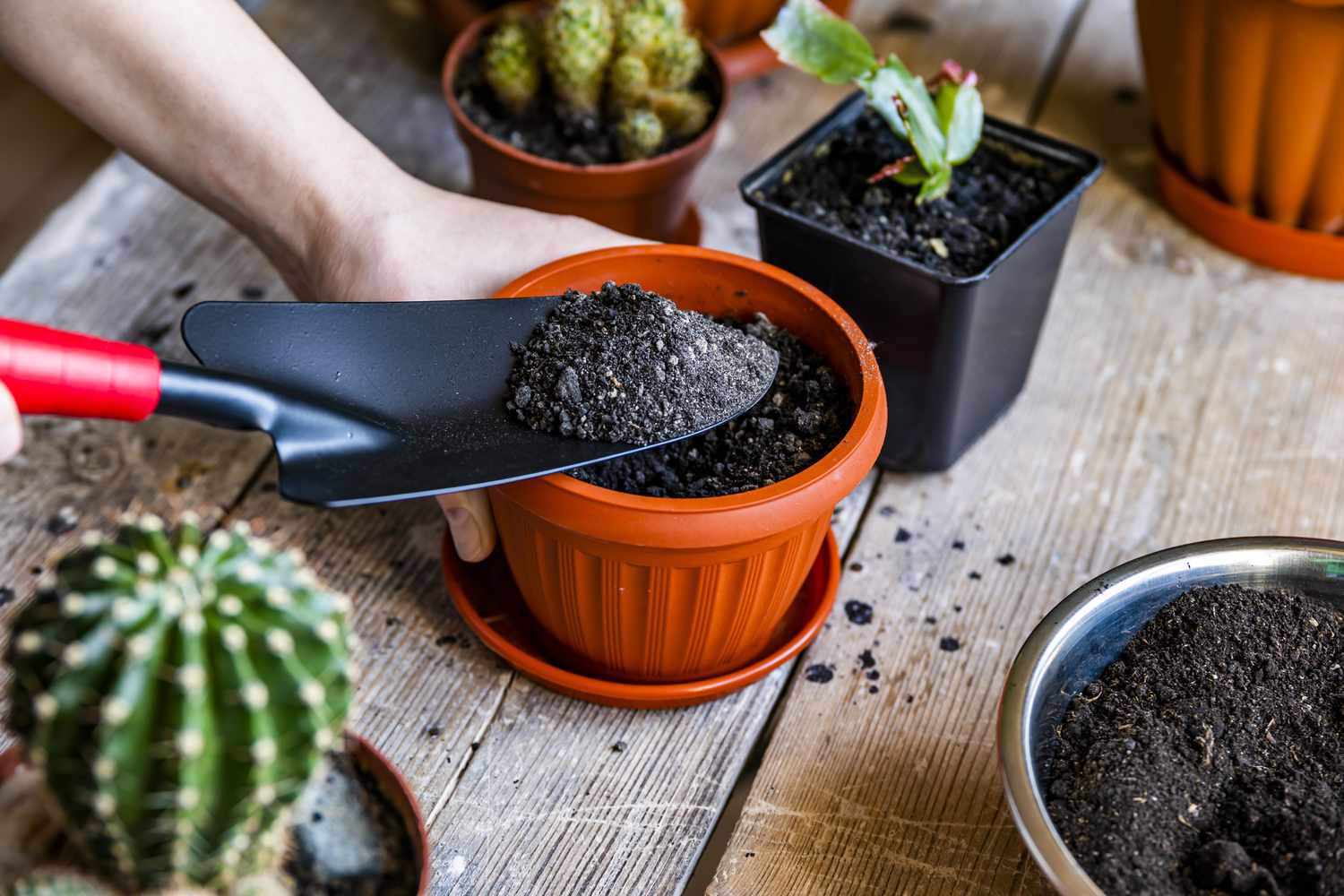
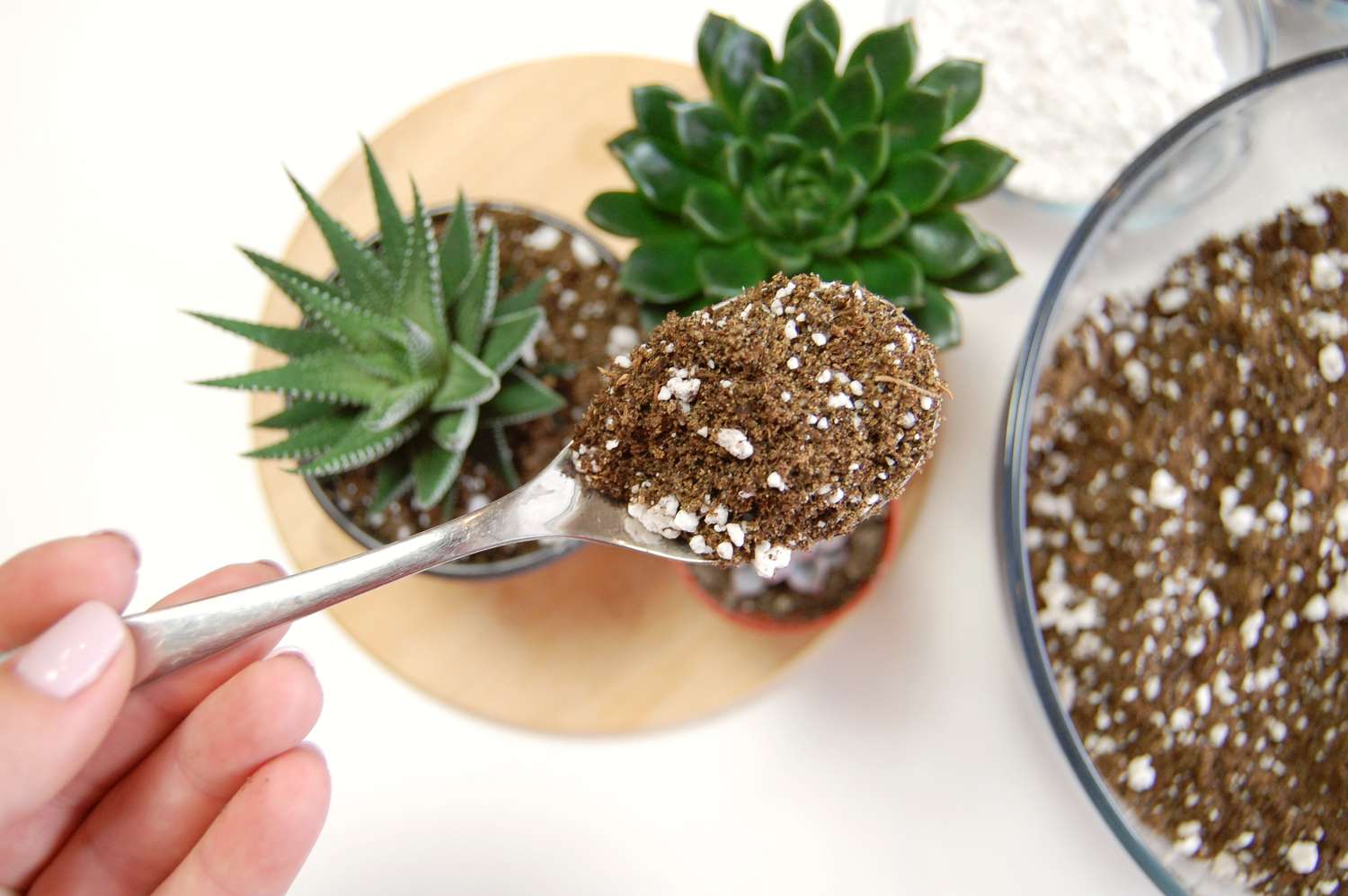

0 thoughts on “What Soil Mix Is Good For Potted Fruit Plants”